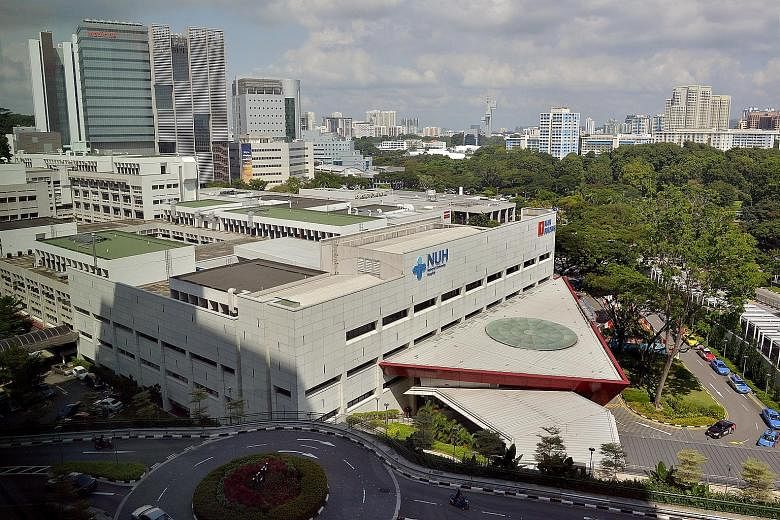Parents referred by paediatric doctors at KK Women's and Children's and the National University hospitals are currently able to undergo exome sequencing - a technique for sequencing the protein-coding genes in a genome - at the Agency for Science, Technology and Research (A*Star), thanks to a national dollar grant which funds the costs.
The A*Star grant was awarded to Dr Bruno Reversade in 2012, to fund the Genetic Orphan Diseases Adopted: Fostering Innovation Therapy project.
With this grant, Dr Reversade and his team travel around the world in search of patients with rare diseases.
Understanding their conditions might shed more light on common conditions, he said. "If you want to understand a trait, or a phenotype, it is better to look at the extremes that exist in nature.
"If you want to understand ageing, which is a common phenomenon, you want to look at the patients that age very fast, or a patient that seems not to age as fast as the normal population," he explained.
British scientists, for instance, found a family in northern Pakistan whose members did not feel any pain. One became a street performer, sticking daggers through his arms and walking on hot coals.
Without this knowledge of pain, he died after jumping off a building on his 14th birthday, believing he would survive, the news arm of science journal Nature reported.
Scientists have pinpointed the mutated gene SCN9A responsible for the inability to feel pain.
It is linked to a sodium channel and pharmaceutical companies are developing pain-relief drugs that target this channel temporarily.
In 2009, Dr Reversade found a gene that causes premature skin wrinkling, which may be used to develop drugs that target normal skin ageing down the road.
His work on genetic orphan diseases has taken the Frenchman to places like Jordan, Turkey, Iran and India, where rare diseases are more common, in tandem with marriages between relatives or cousins. "Parents carry identical genetic mutations, leading to a higher chance of rare disease," he explained. He has even named a disease or two.
In Jordan, he saw a child with severe myopia, truncated eyebrows and bone fragility, among many symptoms.
Through genetic tests, he found the mutated gene responsible for the condition and named it after the clinician who first saw the boy, Professor Hanan Hamamy. Five or six people in the world have since been found to have the Hamamy syndrome.
Kash Cheong

